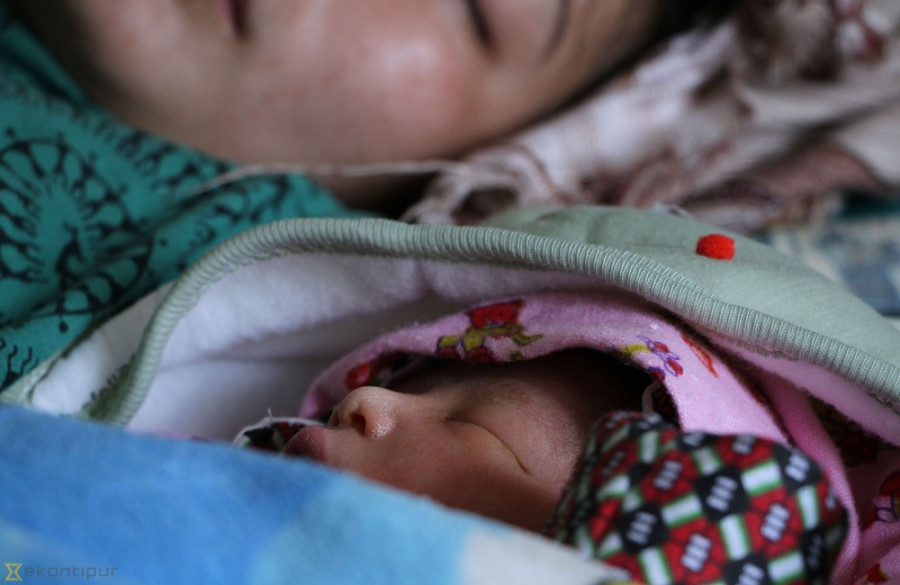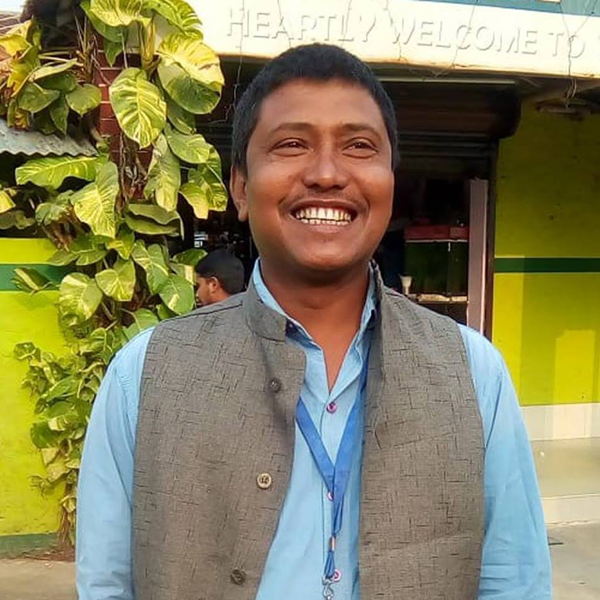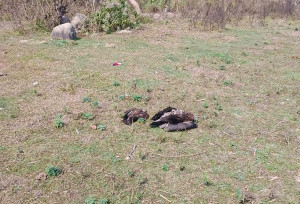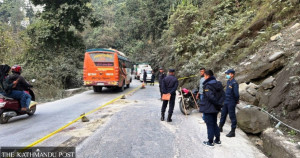Lumbini Province
Pregnant women and postpartum mothers hit hardest by Covid-19 pandemic
Seven women died of delivery complications in Banke within two months.
Thakur Singh Tharu
Pregnant women and postpartum mothers have been hit hardest by the Covid-19 pandemic, as they have been deprived of timely treatment.
Seven women died of delivery complications in Banke in the span of two months. According to the District Health Office, a lack of timely treatment and regular health check-ups during pregnancy is the leading cause behind the alarming deaths of pregnant women and postpartum mothers.
[Read: Reproductive health gains at risk as 85 pregnant women die due to lack of care in last five months]
“The number of deaths in just two months is very alarming. It seems that the women delayed their hospital visits due to the fear of Covid-19. Some pregnant women even attempted home births during the pandemic, which led to further complications,” said Dhirjung Shah, chief at the District Health Office in Banke.
According to him, the number of people who have opted for home birth has increased by around 20 percent during the pandemic.
Several pregnant women have been deprived of regular health checkups since the country went into lockdown amid Covid-19 fear on March 24. Many women, mainly from poor economic backgrounds, could not manage transportation to reach health facilities on time.
“Many others preferred not to visit health institutions fearing that they might contract the virus,” said Shah.
Three women of Janaki Rural Municipality, two of Nepalgunj Sub-metropolis and one each of Duduwa and Baijanath rural municipalities in the district died due to delivery-related complications in the last six months. Sah said three of the women died in Bheri Hospital and one in Nepalgunj Teaching Hospital. Two women from Duduwa and Baijanath breathed their last on their way to a hospital while one of the two women from Nepalgunj died during home birth.
The provincial government has launched a special health programme in Banke to reduce maternal and infant mortality rate. The government has been providing Rs 800 to a woman who undergoes complete health check ups during pregnancy and an additional Rs 1,000 if she gives birth at a health facility. However, most pregnant women were found to have skipped prenatal check ups during the lockdown period.
According to health workers, a pregnant woman has to undergo health checkups at least four times—in the fourth, sixth, eighth and ninth month of her pregnancy.
“The health risk is significantly low if a woman gets a regular health check up during pregnancy. But the number of women visiting hospitals for regular health checkups and safe delivery has decreased during the pandemic,” said Durga Laxmi Shrestha, chief nursing administrator at Bheri Hospital in Nepalgunj. Regular health checkups and timely admission of patients at health institutions will decrease the mortality rate of pregnant women and postpartum mothers.
According to Shrestha, most of the women give up regular health checkups during pregnancy after the first or second test.
“However, there are other factors too that contribute to the high mortality rate among pregnant women. A lack of health awareness and poverty are also why women give up regular health checkups during pregnancy,” she said.
Besides Bheri Hospital and Nepalgunj Medical College, there are three primary health centres and 44 health posts in Banke district. Maternity centre has been set up in each health institution to provide a safe motherhood facility.
Meanwhile, Bishnu Shrestha, the focal person of the safe motherhood programme at the district health office, said that all the health posts have been instructed to refer pregnant women to hospitals for safe delivery.
“The number of deaths caused by delivery complications is unchecked, as the patients are not taken to the hospital on time,” she said.




 8.79°C Kathmandu
8.79°C Kathmandu















